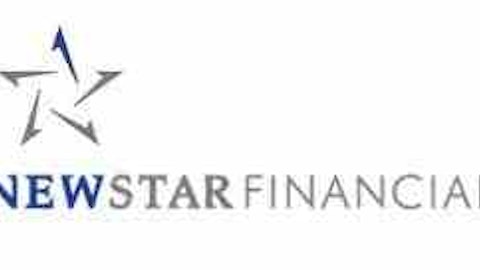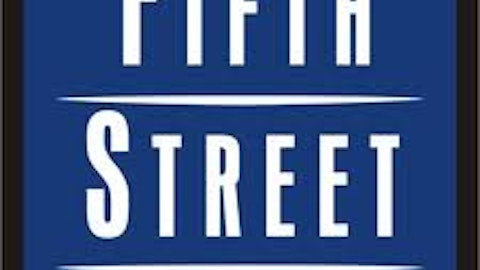Barron’s painted a glowing portrait of business development companies — or BDCs — over the weekend.
The weekly financial publication is keen on the high-yielding investment vehicle as an alternative to junk bonds. At a time when high-yield bonds are yielding less than 6%, Barron’s argues that even the safest of BDCs offer yields of 8% or better.
BDCs are definitely exciting, and it’s not just the meaty payouts.
BDCs offer loans to small businesses that often can’t line up easy financing through finicky banks and other financial institutions. They can demand high interest rates and sometimes even receive some equity exposure as a bonus. Leverage can be used to enhance returns. As long as they pass on 90% of their interest income to their investors, the BDCs themselves can skirt corporate taxation obligations the way that REITs and master limited partnerships do.
Wait a minute. There are actually safe BDCs? Capital-hungry businesses that can’t approach bankers are safe in concert? Well, a surprising nugget in the Barron’s piece claims that the loan-loss rate for BDCs is a refreshingly low 0.7% a year. That’s better than the default rate on loans made by commercial banks.
Higher yields? Lower risk? Where do I sign up?
Barron’s offers up a few ideas that Wells Fargo deems safe based on the percentage of dividend coverage from stable cash flow. If a BDC’s stable cash flow is enough to cover at least 75% of distributions being made, it makes the cut.
Born under the sign of Ares
Ares Capital Corporation (NASDAQ:ARCC) is the largest of the four recommended BDCs, and its 9% yield is certainly compelling. However, nowhere in the article does it reveal that investors are paying more for Ares Capital than it’s actually worth. Unlike traditional mutual funds that trade at net asset value, or NAV, BDCs can trade at a premium or a discount to the value of their underlying assets minus liabilities.

To be fair, Ares has fallen in recent weeks. The BDC is cheaper than it was when I took its NAV premium to task last month with the stock at $18.44. Ares Capital Corporation (NASDAQ:ARCC) also completed a secondary offering earlier this month at a higher price point than where it is now, and that’s accretive for today’s buyers.
The ABCs of BDCs
Investors do need to keep an eye on these markups.
Fifth Street Finance Corp. (NASDAQ:FSC) closed at $10.76 yesterday, and that’s a 9% premium to its year-end NAV of $9.88. Prospect Capital Corporation (NASDAQ:PSEC) was trading at a modest premium to the $10.81 NAV it was reporting at the end of last year a few weeks ago, but yesterday’s close of $10.71 now prices it at a discount.
Investors who can look past chunky yields can get even better discounts.
Heavily traded BDC American Capital Ltd. (NASDAQ:ACAS) — which I do own myself — manages a pair of high-yielding mortgage REITs, but it doesn’t shell out a quarterly dividend as it watches over a portfolio of dozens of corporate investments. American Capital has a unique structure where it repurchases shares instead of paying out a distribution if its shares are trading below NAV.


